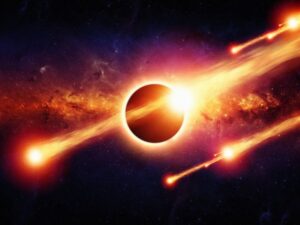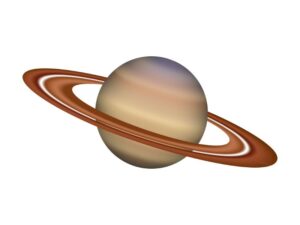What Would Happen If the Moon Disappeared?
Spoiler: Earth would never be the same.
Let’s say it starts with silence.
No warning, no flash, no sound. Just one night… no Moon.
You check the sky — nothing. Not a sliver. Not a shadow.
The stars are there, the air feels normal, but the Moon? Gone.
What Would Happen If the Moon Disappeared?
At first, maybe no one panics. Maybe it feels like a glitch in the sky.
But then the oceans start shifting.
Animals lose their rhythm.
Nights grow darker.
And slowly — everything on Earth begins to change.
The Moon isn’t just a pretty light. It’s a cosmic teammate that helps keep Earth stable.
Take it away, and things get weird. Fast.
Say Goodbye to Normal Tides
The Moon’s gravity is what pulls Earth’s oceans into high and low tides.
It’s been doing it for millions of years — keeping waves moving in a steady, familiar rhythm.
If the Moon disappeared:
-
Tides would shrink by over 50%
-
Coastal ecosystems would be thrown off balance
-
Sea turtles, crabs, seabirds, and other tide-sensitive animals would be totally confused
Even human life would feel it.
Shipping routes, harbors, and weather systems are all affected by ocean tides.
Take away the Moon, and the ripples would be real — and global.
Nature Would Lose Its Clock
The Moon isn’t just a light in the sky — for many animals, it’s a calendar and a compass.
Without it:
- Baby sea turtles might hatch at the wrong time and head in the wrong direction
- Owls, lions, and nocturnal predators would have to relearn their hunting rhythms
- Moths and insects that navigate by moonlight might lose their way entirely
- Even coral reefs time their reproduction to the lunar cycle
Without the Moon, wildlife would enter a period of confusion — and many species might not adapt quickly enough.
Nights Would Get Uncomfortably Dark
The Moon is the brightest object in our night sky.
When it’s full, it reflects sunlight and helps illuminate forests, oceans, fields, and cities.
No Moon means:
- Nights darker than any you’ve ever seen
- A bigger challenge for animals and early humans that depended on moonlight
- More risk for those who move, hunt, or migrate in the dark
Even now, remote places on Earth without artificial light would feel shockingly different without moonlight.
And let’s face it — the sky would just look lonely.

Earth’s Spin Would Start to Wobble
This is the part where it gets spooky.
The Moon helps keep Earth’s axial tilt stable — like a cosmic hand balancing a spinning top.
Right now, Earth tilts at about 23.5 degrees, and that tilt gives us predictable seasons.
But without the Moon anchoring us?
- Earth might start wobbling chaotically over thousands — even millions — of years
- That wobble could shift the angle of our tilt from 22 to even 45 degrees or more
- A steeper tilt would mean harsher seasons: boiling summers, freezing winters
- Some parts of Earth might stop having seasons entirely
- Tropical regions could become icy, while polar zones might warm up
It wouldn’t happen tomorrow. But long-term? Earth without the Moon could become a very different — and far less livable — world.
This is why scientists believe the Moon has played a huge role in Earth’s habitability. It didn’t just make our tides; it may have made life possible.
Still Wondering?
- Would life have even evolved the same way without the Moon?
- Could we build an artificial moon to restore balance?
- What would it be like to live on a planet with two moons?
Want to Explore More Curiosity-Filled Questions?
If this moon mystery made your brain spin, there’s plenty more to explore.
From who invented the cotton candy machine, to why is there a giant hexagon spinning on Saturn’s north pole, to what causes the smell of rain before it falls, our Curious Questions series dives deep into the unexpected science shaping our world.
Curious minds are welcome here. Join our cozy corner of the internet 🧠✨



